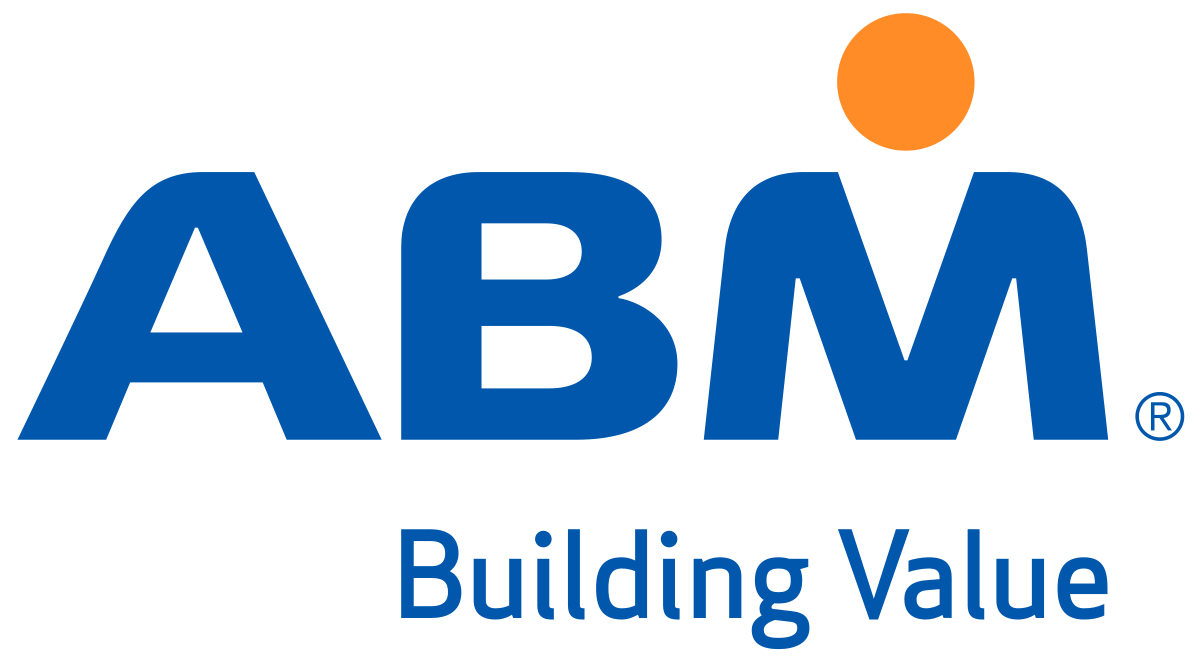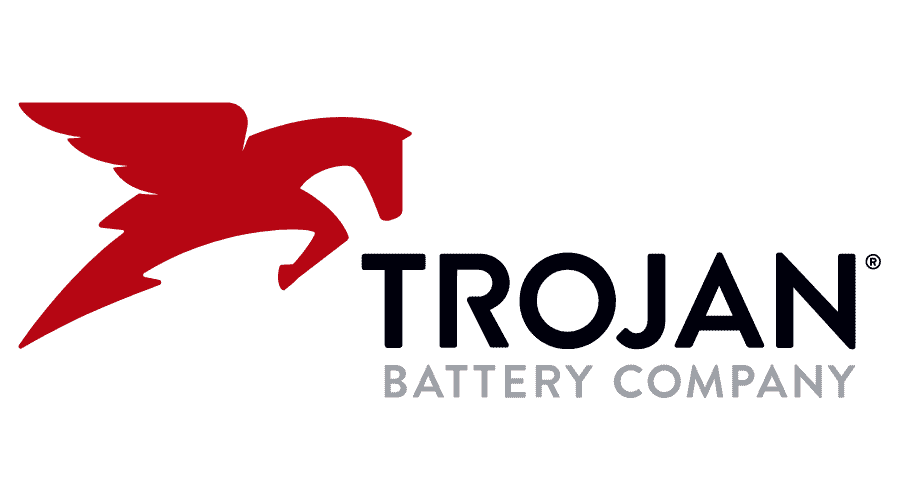December 1, 2004—As the final days of 2004 dwindle down, workplace safety and labor law experts at G.Neil Corp. advise business owners and operators to make sure they complete all their mandatory OSHA recordkeeping responsibilities.
Smaller firms must be especially thorough and accurate with their documentation, says Christopher Lindekugel, G.Neil’s compliance director, or run the risk of OSHA fines, big employee medical bills and higher workers’ compensation costs.
“In 2004, revised OSHA rules for keeping records on workplace injuries and illnesses took effect,” Lindekugel noted, “with new forms that must be used and new categories of information that must be reported. If you haven’t been keeping up, it could cost you.”
OSHA requires private-sector firms with 11 or more employees (except those in certain low-risk industries such as finance and real estate) to maintain a 365-day log and an annual summary of all “recordable” work-related injuries and illnesses.
In 2003, OSHA cited U.S. employers for 83,760 safety and health violations, Lindekugel said, an increase of almost 8 percent from 2002. Almost 60,000 of those violations were categorized as “serious,” an increase of 11 percent from 2002.
The Bureau of Labor Statistics reported that U.S. workers missed 1.46 million days of productive time because of on-the-job injuries in 2001, he added. Multiply that by the National Safety Council’s estimated cost to an employer of $29,000 per incident, and the total for the year is almost $70 billion.
Lindekugel also pointed out that covered employers need to make sure they’re using the proper documentation to record workplace incidents, because “businesses that don’t follow the regs can be subject to citations and fines.”
OSHA’s Form 300, a daily log of workplace injuries and illnesses for a calendar year, had several revisions including documentation of “needlestick” injuries, tuberculosis cases, and a new category of “privacy concern cases” in which the recordkeeping remains confidential.
G.Neil, which has specialized in labor law and safety products for more than 16 years, produces an exclusive OSHA Recordkeeping System to help business owners and managers comply with OSHA regulations.




